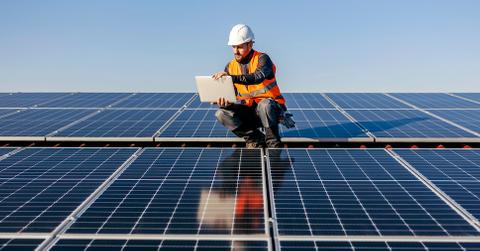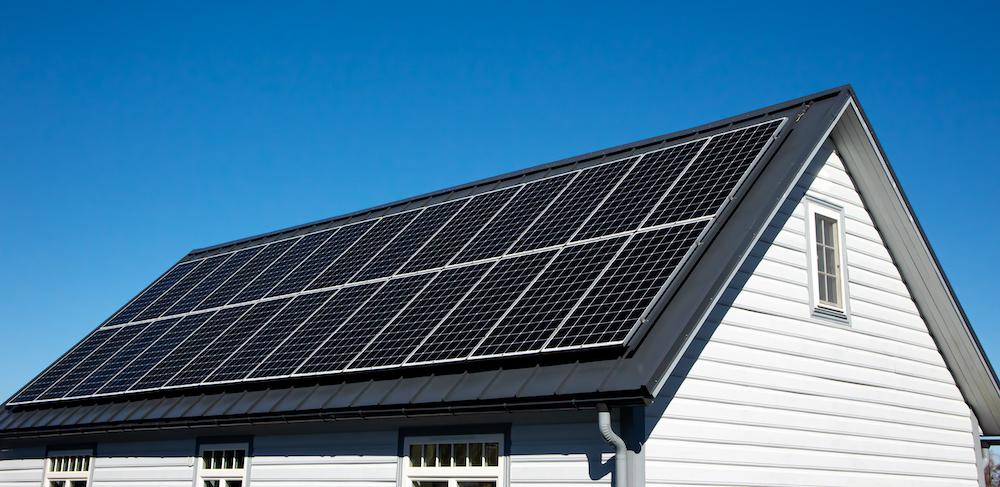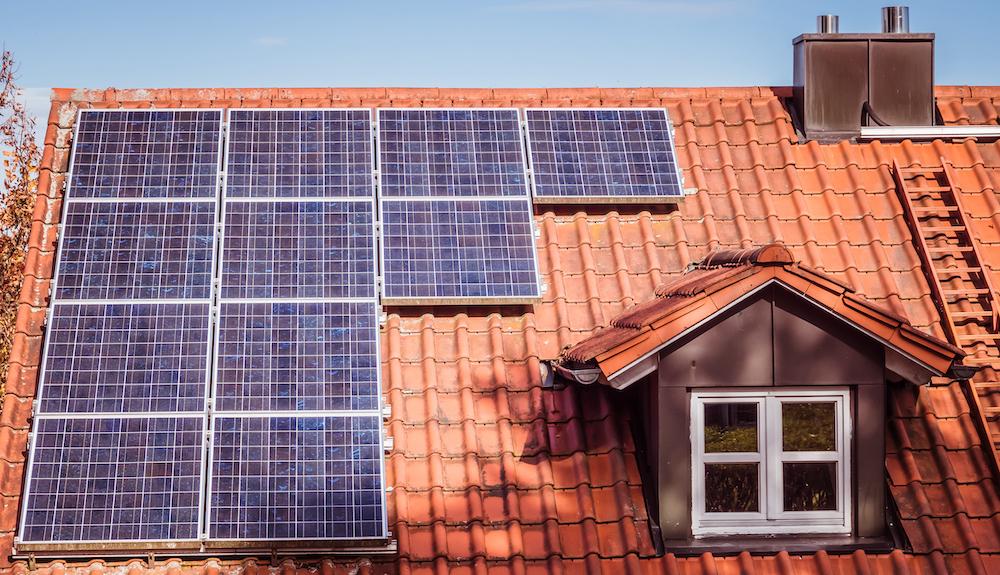Can You Get Free Solar Panels From the U.S. Government? There Are Incentives
Published Nov. 28 2022, 9:34 a.m. ET

If you're looking to make a change in your energy consumption, getting solar panels installed could be a great option. They are better for the environment than other methods because they don't have such a negative impact and they can also save some money on your energy bill. But since they are expensive, many wonder: can you get free solar panels from the U.S. government?

Can you get free solar panels from the government?
Unfortunately, the government isn't just giving away solar panels for free — you can't just apply and get them mailed to you.
But there is a way that you can get them at a lower cost. The process depends on the state you live in, so be sure to check the laws where you live to make sure that you qualify. In New York state, for example, there's a program called Solar For All. Homeowners and renters can apply for a "community solar subscription if they meet the following criteria:
- Are a veteran that receives benefits
- Pay their own electric bill
- Make an eligible income (that is based on monthly and annual income and the number of people living in the home)
- Use a minimum of 1,000 kilowatt-hours (kWh) in the last 12 months
- Live in an area of NYS that pays the System Benefits Charge
As a part of the Solar For All application process, you also have to give documentation that shows if you are currently receiving any kind of government assistance like SNAP (food stamps) or HEAP (Home Energy Assistance Program). And on top of that, you have to make sure that your rooftop is suitable for panels. Being a part of this program can save NYS residents on average $5 to $15 a month. Luckily, New York isn't the only state with incentives to choose solar energy.

Other states also have tax credits for owning solar panels.
Even if you can't get solar panels for free, there are still monetary benefits to having them. According to Forbes, you can qualify for an Investment Tax Credit (ITC) from the U.S. government if your solar panel system is new or being used for the first time between Jan. 1, 2006, and Dec. 31, 2023. If the credit isn't renewed before then, it expires in 2024.
In addition to that, there are other qualifications that must be met for you to be able to receive the tax credit:
- You have to own the solar panel system
- The system must be located in the U.S.
- The system must be used for either your primary residence, secondary residence, or "off-site community solar project"
If you qualify, you can get the credit by filing IRS Form 5695 when you do your taxes. You can only file for the credit once though but the tax credit does roll over into the next year if you aren't able to claim it all in one tax year.
Be aware that the tax incentives aren't the same across all U.S. states. Forbes points out that states such as: California, Texas, and Minnesota have more than just the ITC as a benefit to get solar panels. Puerto Rico also offers more than the ITC.